North Korea testing diplomatic waters with US
North Korea is involved in a rare active diplomacy with the United States apparently to explore whether a summit between North Korean leader Kim Jong-un and US President Donald Trump can proceed.
Kim’s senior aide and de facto chief of staff, Kim Chang-son, arrived in Singapore on Monday night, and a team of American government officials that include White House deputy chief of staff for operations, Joe Hagin, also landed there after departing from US Yokota Air Base in Japan earlier that same day, Japan’s NHK public broadcaster reported on Tuesday.
Additionally, a top North Korean general will be traveling to the US on Wednesday.
General Kim Yong Chol landed at Beijing airport on Tuesday and will journey on to New York the following day after talks with Chinese officials, according to South Korea’s Yonhap news agency, which cited diplomatic sources.
The general is a top aide to Kim and may meet with US Secretary of State Mike Pompeo, National Security Adviser John Bolton, and potentially Trump himself, too.
The summit
Kim and Trump were supposed to meet in Singapore on June 12. But Trump canceled the summit on May 24, before backtracking a day later and saying that the meeting could still happen according to the initial schedule.
The White House confirmed on Monday that a “pre-advance” team was traveling to Singapore to meet with North Korean officials, according to Reuters.
North Korea has been involved in a flurry of diplomatic exchanges with long-time adversary South Korea. Kim has already met with South Korean President Moon Jae-in twice, including most recently on Saturday.
Since a thaw in relations began between his country and North Korea in January, President Moon has been acting as a broker to arrange the summit between Kim and Trump, who have formerly traded personal insults and threats of military attacks against their countries.
During the surprise meeting on Saturday, Kim and Moon reached consensus that the summit between the North Korean leader and Trump must be held, according to Seoul.
American and North Korean officials also met in South Korea on Sunday.
More impromptu talks with Kim likely: Moon
Moreover, Moon said on Monday that there may be further impromptu talks between the two Koreas in the lead-up to the likely June 12 summit in Singapore.
“What’s more important than anything from the latest inter-Korean summit was that the leaders easily got in contact, easily made an appointment, and easily met to discuss urgent matters, without complicated procedures and formalities, just like a casual meeting,” Moon said during a meeting with senior secretaries.
But even if the summit is held, a bigger breakthrough between the US and North Korea is unlikely. Washington has demanded that Pyongyang give up its nuclear weapons at one stage and apparently as a pre-condition for the summit, a demand rejected by North Korea.
North Korea defends its nuclear and missile programs as a deterrent against potential aggression by the US, which maintains a massive force of 28,500 troops in South Korea, a legacy of the 1950-53 Korean War that ended in a truce agreement but not a peace treaty.
Pyongyang has said previously that it would give up its nuclear arsenal only if the US pulls its troops out of South Korea and ends its “nuclear umbrella” alliance with Seoul. North Korea has also already suspended its nuclear and missile tests.
‘US holds off on new sanctions’
Meanwhile, a major US daily reported Monday that Washington plans to hold off on applying major new sanctions against North Korea while it tries to put back on track the upcoming summit between Trump and Kim.
The Wall Street Journal cited a US official as saying that the White House had been set to announce the sanctions as soon as Tuesday but would now delay them indefinitely as negotiations with Pyongyang continued.
According to the daily, two Trump administration officials said that the Treasury Department had prepared a sanctions package aimed at more than 30 targets, including Russian and Chinese entities.
Washington and the United Nations have imposed rounds of sanctions on North Korea over the country’s weapons programs over the last several years.
Diplomat discourages recourse to pressure, intimidation, confrontation against Iran
UN: 2024 deadliest year for aid workers amid genocide in Gaza
Gaza health official warns of hospital shutdowns within 48 hours
Israel kills 5 more paramedics in southern Lebanon: Health ministry
Iran to launch ‘new, advanced’ centrifuges in response to IAEA resolution: AEOI
Yemen fires hypersonic missile at Israeli airbase
VIDEO | New Delhi chokes under toxic smog as air quality remains at hazardous levels
VIDEO | Press TV's news headlines


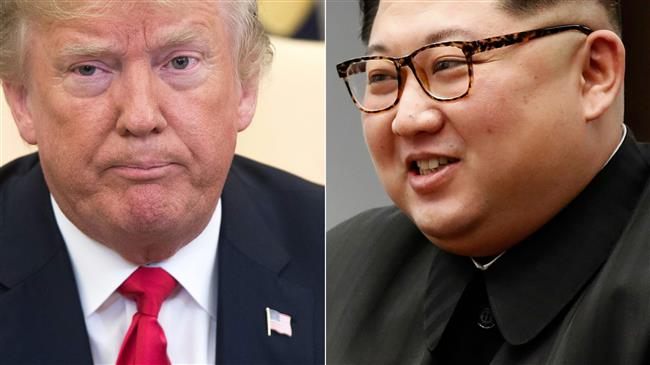



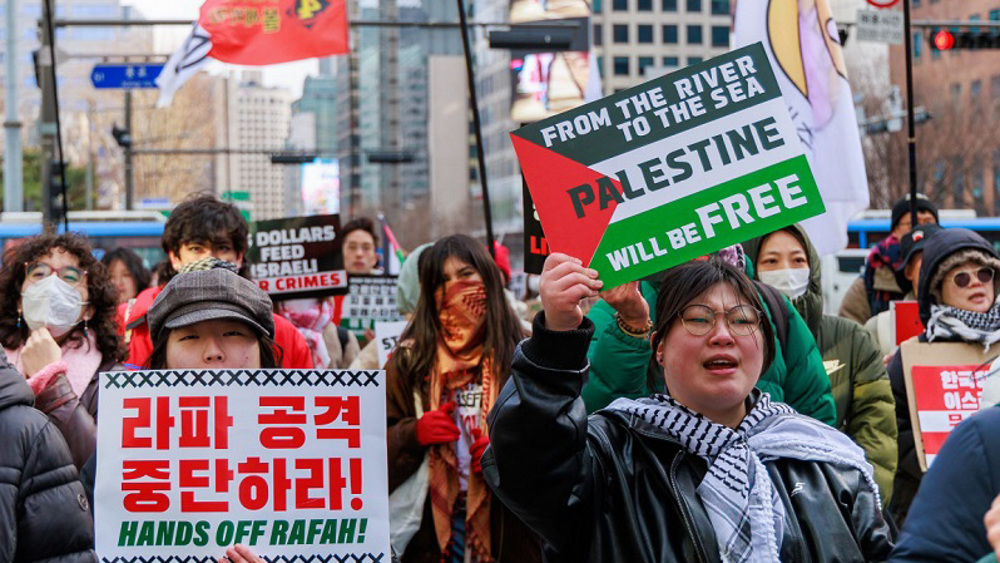
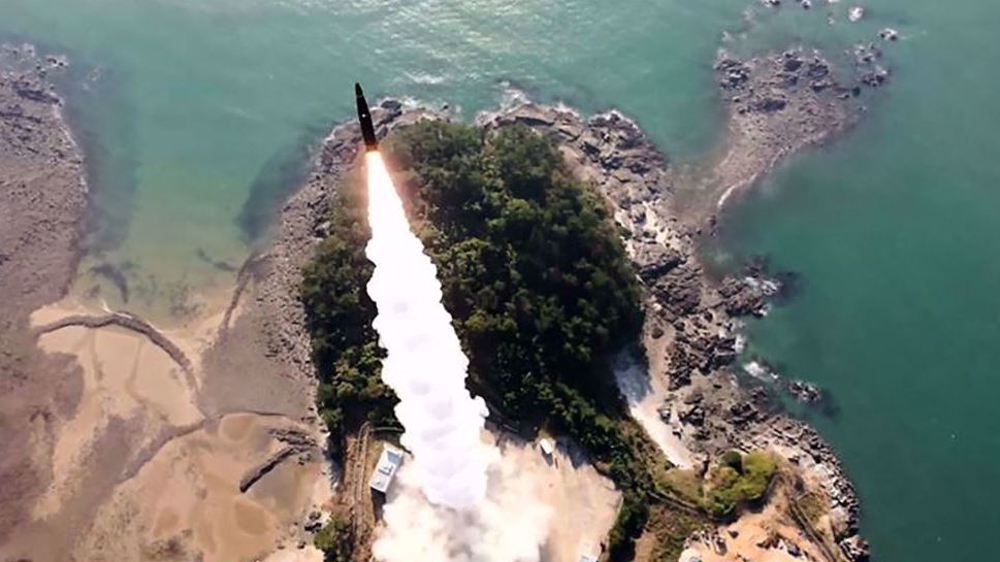
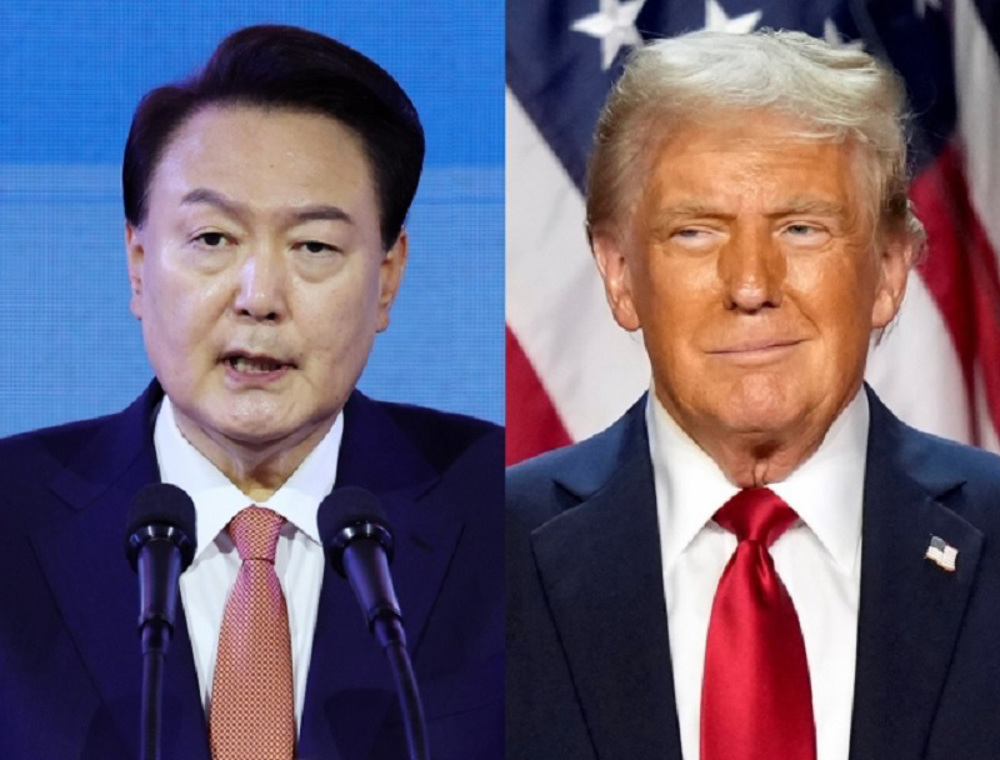



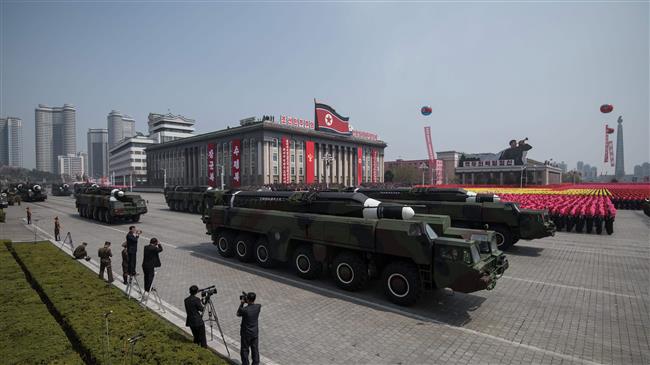
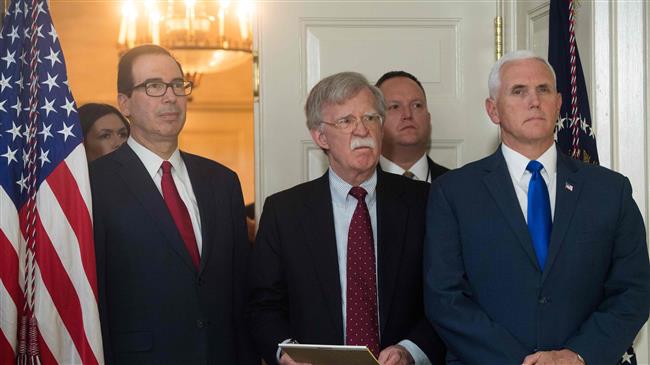
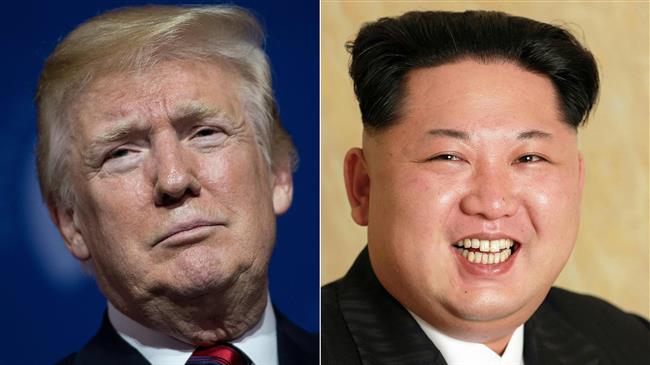

 This makes it easy to access the Press TV website
This makes it easy to access the Press TV website